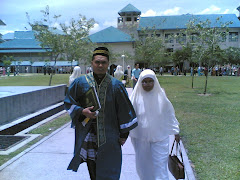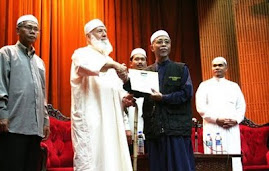| Paragraph 1 According to John L.Esposito and John O. Voll (Islam and Democracy, Oxford, 1996), the most vital, effective, and politically successful dakwah movement in the 1970s and early 1980s was the Islamic Youth Movement of Malaysia (Angkatan Belia Islam Malaysia, or ABIM). Established in the 1971-72, ABIM embodied the events, issues and concerns of the post-1969 period that fostered religious revivalism in general and mobilization of youth in particular. Under the charismatic leadership of one of its founders, Anwar Ibrahim, who served as its president from 1974 until his resignation in 1982, ABIM became the dominant Islamic movement in the 1970s and early 1980s, growing to a membership of more than 35,000. Anwar Ibrahim reflected what would become the profile of many ABIM members, young, secular or western educated, emerging the middle class, who in university years had "turned" to Islam as a moden religio-cultural alternative to Westernization and secularism, as well as to conservative or traditionalist Islam of the older generation. In contrast to more Westernized elites, ABIM asserted that Islam offered an indigenous, authentic identity and way of life that combined concern of religious ritual with social and economic reform. ABIM's Islamic oreintation was modern reformist rather than a return to the Islam of the more traditionalist ulama and of PAS (Parti Islam SeMalaysia or Islamic Party of Malaysia). Anwar Ibrahim himself proved to be charismatic and formidable leader: bright, wellread. a superb speaker (with charm, a winning personality, and sense of humor), energetic and with strong organizational and strategic skills and an accommodationist oreintation. He role and significance can be seen both in ABIM's accomplishments and the extent to which it seemed to stall and decline after his resignation in 1982. InsyaAllah, continue..... |
Thursday, July 24, 2008
ABIM:Politically Dakwah Movement
Subscribe to:
Post Comments (Atom)



.jpg)





No comments:
Post a Comment